Feature 7 min read
Zero Carbon World charity sets new record of 1:31:32 for the shortest EV charging time between John O'Groats and Land’s End
UK charity, Zero Carbon World, has set a new world record for not only the fastest journey between John O'Groats and Land's End, but in doing so also the least amount of time spent charging. Driving a Tesla Model 3 Performance, the record proves just how easy long distances can be covered in an EV with today's charging infrastructure.
Travelling from the very top of Scotland to the farthest reaches of the south west of England has an enduring allure, but it's one that a few years ago could be considered an almost insurmountable challenge for an EV.
It's not so much the distance; any EV can travel 855 miles. The challenge is in the charging time. Back in 2015 the world record was set at 3 hours, 33 minutes and 33 seconds of charging to cover the 855.2 miles.
However, Zero Carbon World – a charity which supports carbon reduction projects, including EV charging infrastructure – has set a new world record. On 12 September the charity's Chairman and Formula E driver, Alexander Sims and Trustee Dean Fielding were joined by EV specialist and John O'Groats-Land's End EV veteran David Pellow to set a new world record.
We spoke to Alex about the challenge itself, and rationale behind it.
What model of Tesla were you in?
The record attempt was made in a Tesla Model 3 Performance with an official range of 329 miles, which was chosen due to its charging capacity, rate and range, and enabled us to break the record for the shortest possible charge time. But ultimately, this trip is now one that many EVs can comfortably undertake thanks to the improved UK charging infrastructure.
Had you ever taken a long road trip in an EV before?
I’ve used EVs many times for long trips. I’ve driven a BMW i3 Range Extender to Knockhill in Scotland and Spa-Francorchamps in Belgium. But as the charging infrastructure has improved it’s given me more confidence to go pure electric. I travelled to the 2019 Bern E-Prix from BMW Motorsport’s facilities in Munich in a pure electric BMW i3. It was a 273 miles (440km) road trip, and an incredible journey, using an IONITY charging station in Hohenems, Austria. The charging stations use the Combined Charging System (CCS), which is widely used, at a rate of up to 350kW. If you have a car capable of charging at the full 350kW, it could put a hundred miles back on the range in little over five minutes. It’s becoming more and more feasible to do long road trips in EVs.
How many miles did you cover in total?
The journey covered 855.2 miles (1376.3 km), which we completed in just 15 hours and 32 minutes, including the 1 hour 31 minutes and 32 seconds charging time.
Why this particular route?
The route was planned so that we could stop at high-speed charging stations, appropriately spaced throughout the journey from John O’Groats to Land’s End. We completed four stops: Perth, Gretna Green, Essington and Cullompton. We had to keep a record of each stop and its duration in order to submit to the Guinness World Record team.
- IONITY Perth (Perth and Kinross) – 16 minutes 51 seconds
- IONTIY Gretna Green (Dumfries and Galloway) – 31 minutes 55 seconds
- Tesla Supercharger station Hilton Park Birmingham Essington South Staffordshire) – 25 minutes 24 seconds
- IONITY Cullompton (Devon) – 17 minutes 22 seconds
The trip had only been in the planning for two weeks, as David Peilow realised that a high-speed IONITY charger had just been installed in Cullompton, which was the final charging point needed to make the entire journey using high-speed chargers.
David planned our route and did all the calculations, and we kept to this. Incredibly, he used software that calculated we needed to charge for 1 hour and 31 minutes, and that’s exactly we did. The predictions were bang on the money.
What was your strategy in terms of charging?
We took a really aggressive strategy with charging – we only charged as much as we needed to in order to get to the next stop, as that’s what was needed to break the record, and we each took stints behind the wheel. We were charging in the region of 50-60 per cent, with one of our charging stops taking the car to 80 per cent. We would make it to the next charger with around 4-5 per cent remaining.
We purposefully drove normally, too. We sat at the speed limit whenever it was safe to do so. The large majority of our motorway driving was at 70mph. We were very keen to use this to prove that EVs are not a compromise. Had we sat at 55mph to reduce our energy consumption and therefore lower the charging time even more, then we would have been open to people bringing up the negatives of driving speed.
What sort of range were you getting between stops?
The longest stint of the journey was John O’Groats to Perth, which was around 225 miles. During the attempt it wasn’t about getting the most possible range, it was about charging just enough to make it to the next stop and achieve the record for minimal charging time.
How do you think this journey would have been different if you weren’t in a Tesla, with no access to the Tesla supercharger network?
As mentioned in the most part we used IONITY charging stations, which are open to everyone who has an EV capable of using the CCS charging standard. This charging network is making high-speed charging accessible for more people whose vehicles have the capacity to charge at a rate of up to 350kW. We had one Tesla stop near Birmingham, and without this we would have had to take a longer route to complete the journey. As this record was about the shortest charging time possible, we focused on that but in any other scenario we could have also stopped at another CCS charger and charged at 50kW for a bit longer.
What was the purpose of setting this record?
The aim of the record was for Zero Carbon World to illustrate the improvements to the UK charging infrastructure, to show people that a standard production car using publicly accessible charging network is capable of such a feat. We want motorists to know that EVs are now a viable option, for both short and long journeys. Range anxiety is something that holds people back, but many EVs could do the journey from Land’s End to John O’Groats – or vice versa – without significant planning. Yes, some would need to charge for longer than we did in order to reach the next charge point comfortably, but it is achievable. Zero Carbon World is championing sustainable projects, and has donated over 700 electric vehicle charging points across the UK since it was founded in 2009.
What do consumers need to make the switch to an electric car?
I think the fundamental thing is just down to changing people’s mindset. There are clearly many factors involved in people’s decision making but I think the first thing that should be done to help bridge that gap, is to get them behind the wheel – to experience what an EV is actually like. Most people I know who have driven one really quickly realise that they are a great option.
When do you think we will reach a tipping point for EVs?
I think we are at a stage where the technology coming out is suitable for the vast majority of people. The next stage is just down to purchase price, and in another couple of iterations of cars I think we will be close to parity between EVs and ICE cars. The running costs of EVs are so much lower, particularly in Europe, compared to ICE cars that when they are comparable in purchase price then everyone will want one. Already though, demand outstrips supply for some manufacturers so that needs to ramp up as well in the coming years!
Anything else you want to add?
The record attempt was conducted by Zero Carbon World, but no charity donations were used to fund the initiative. As a charity, Zero Carbon World has donated over 700 electric vehicle charging points across the UK since it was founded in 2009. These are predominantly donated to businesses or organisations in the hotel, tourist or leisure industry to help build the UK’s national charging infrastructure. It relies purely on donations and community support, with 100 per cent of all funding fed directly into projects. To support Zero Carbon World in its carbon reduction projects visit zerocarbonworld.org/donate.

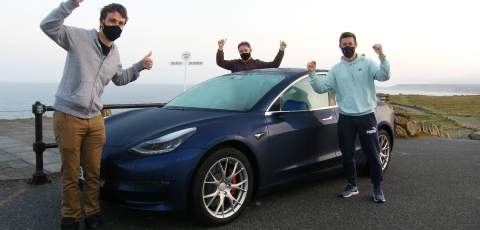
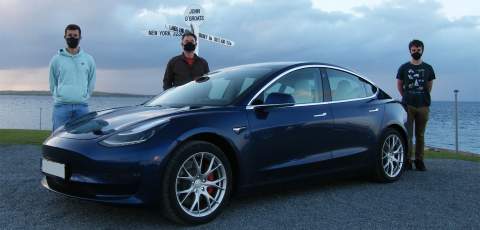
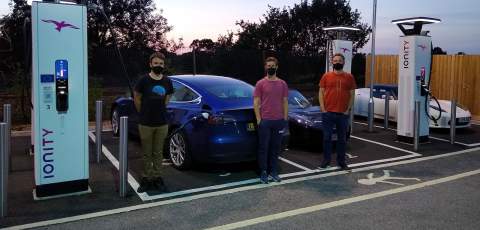
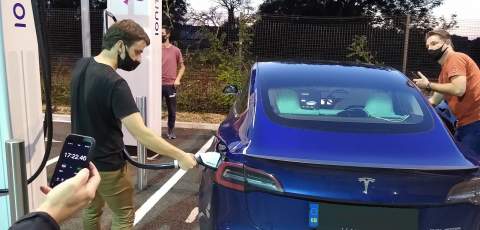
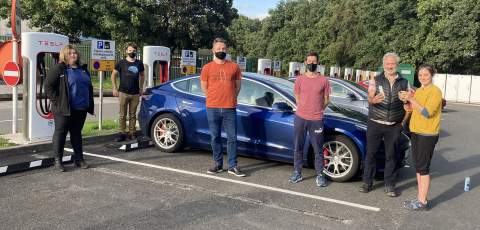

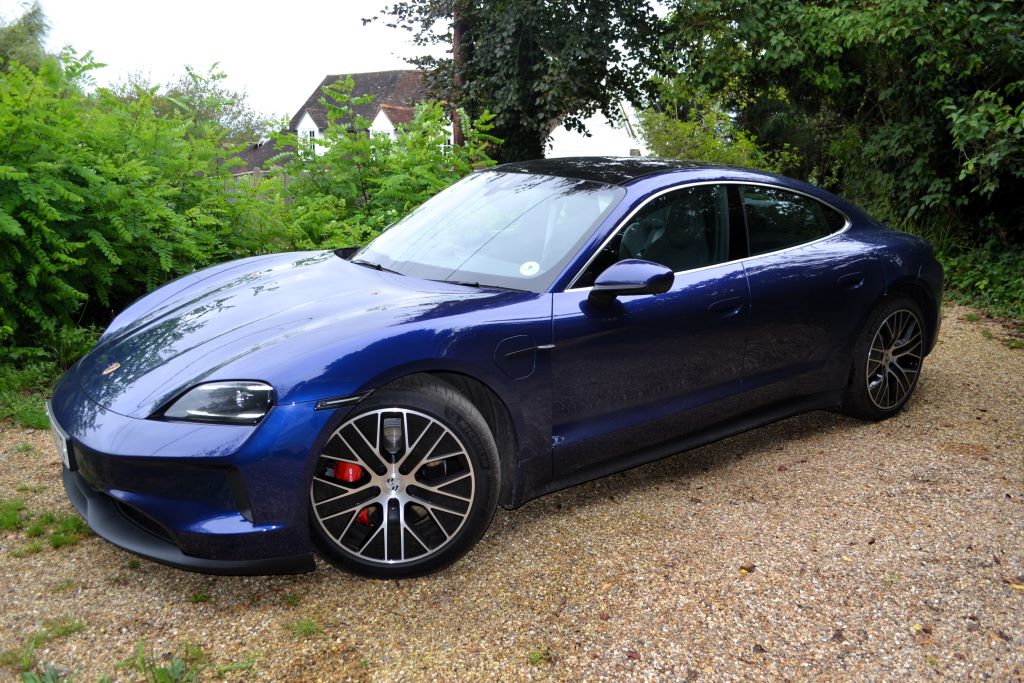
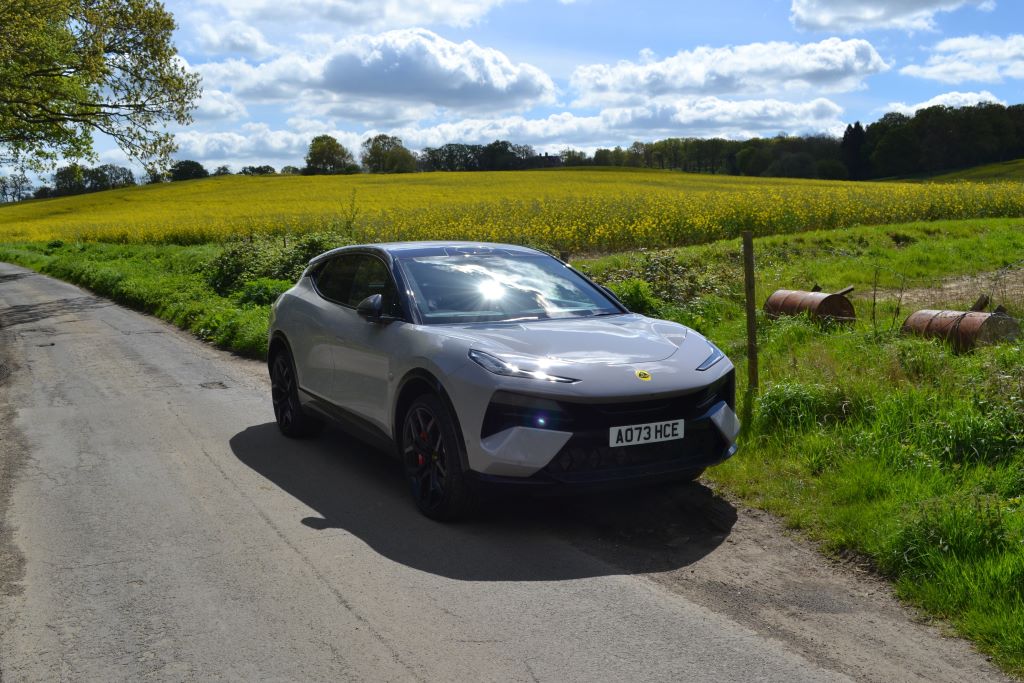
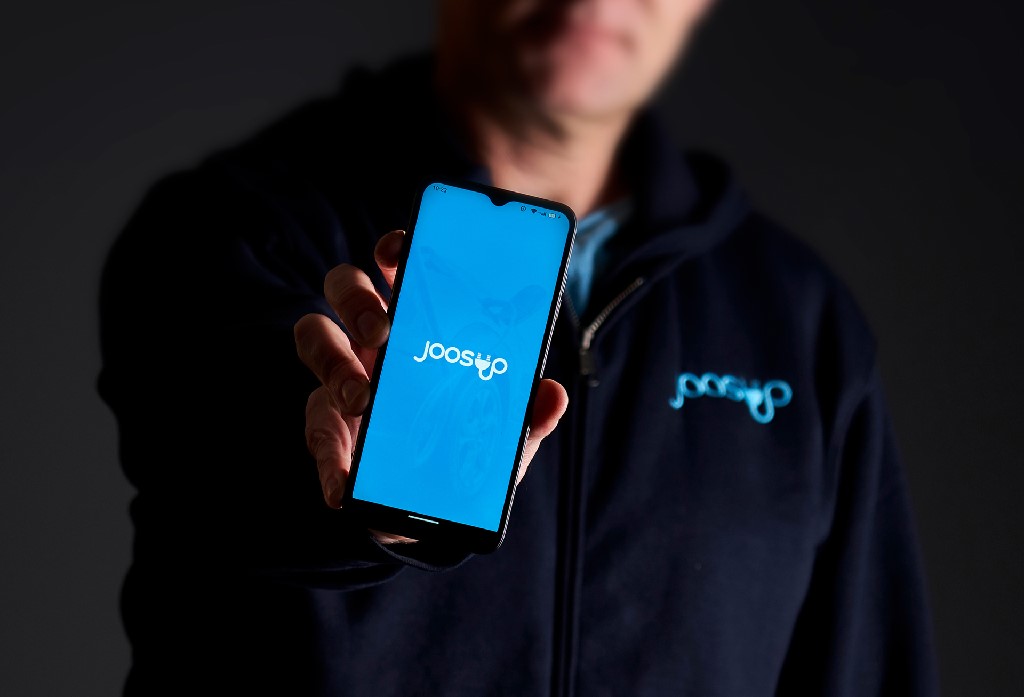
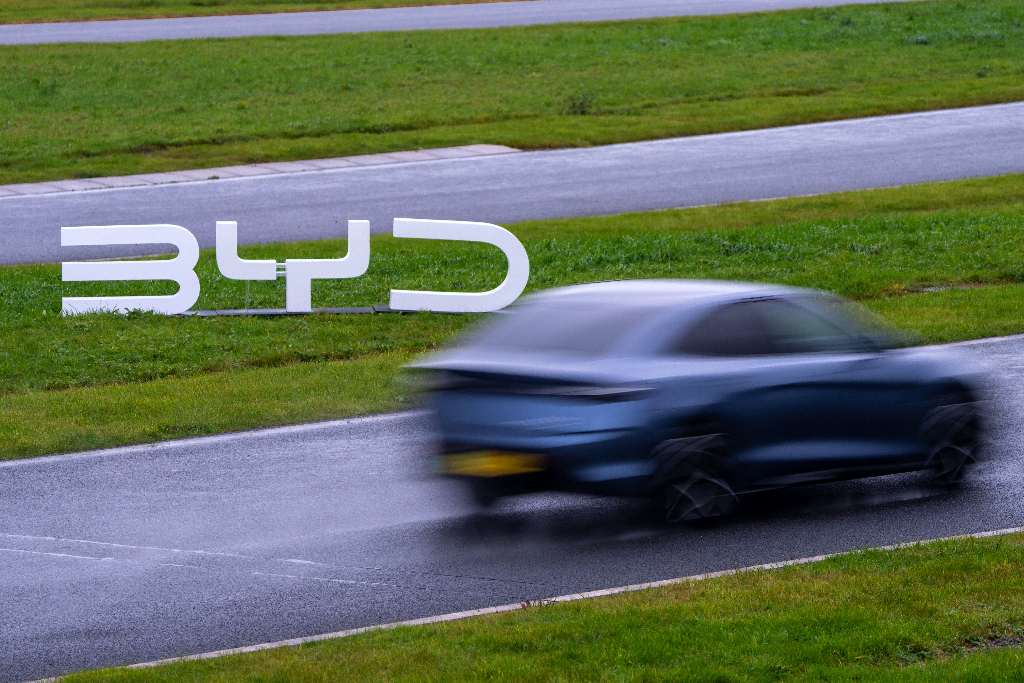
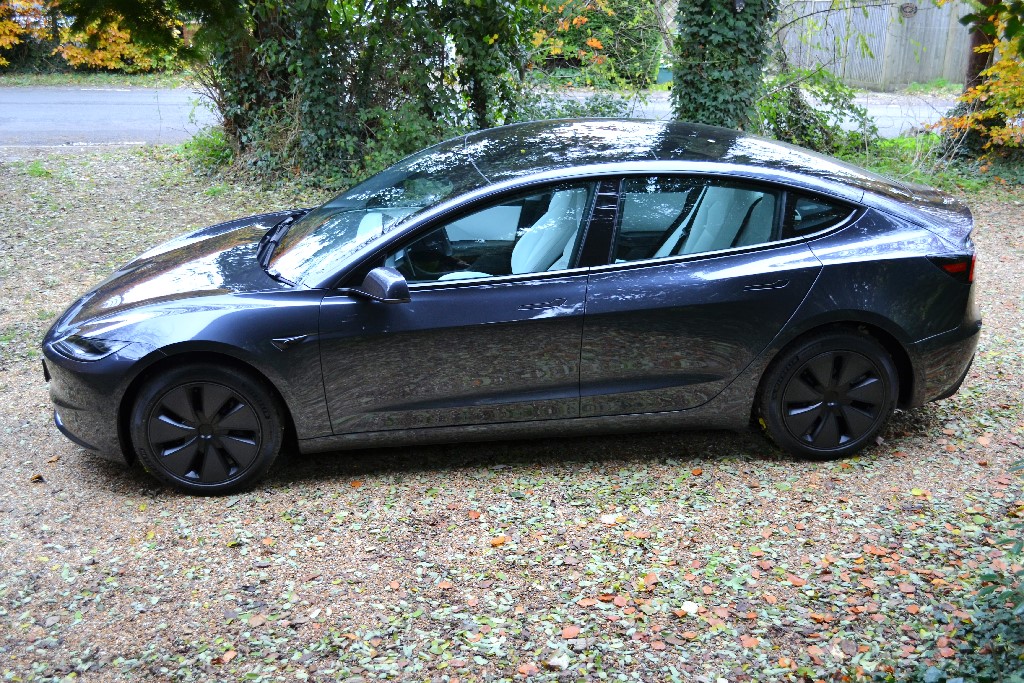
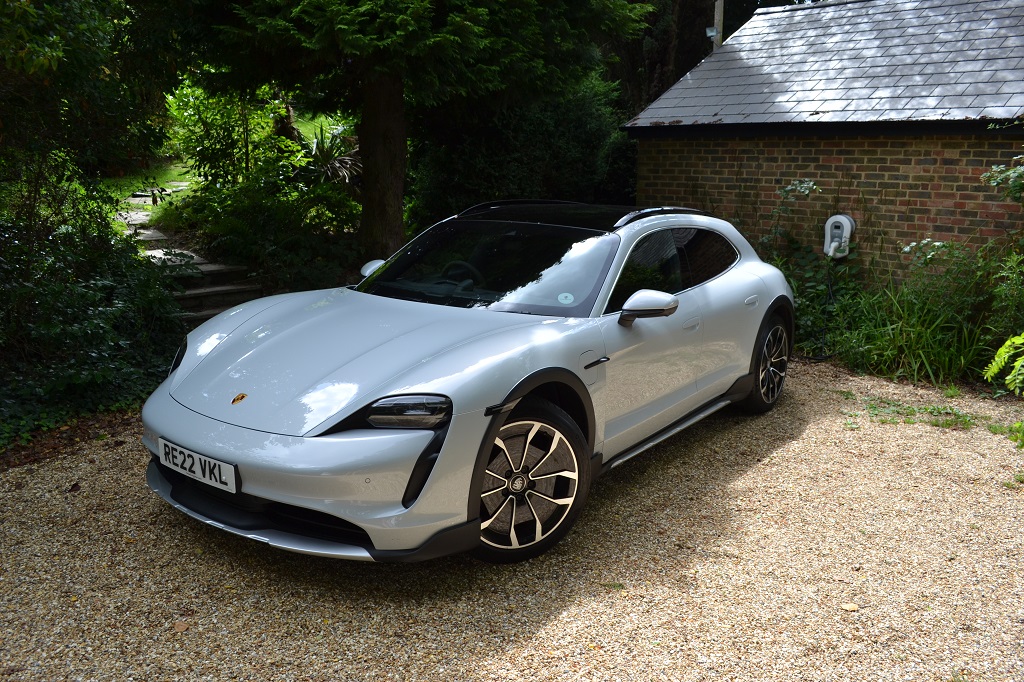

Comments (0)
Be the first to write a comment
Login/ Signup